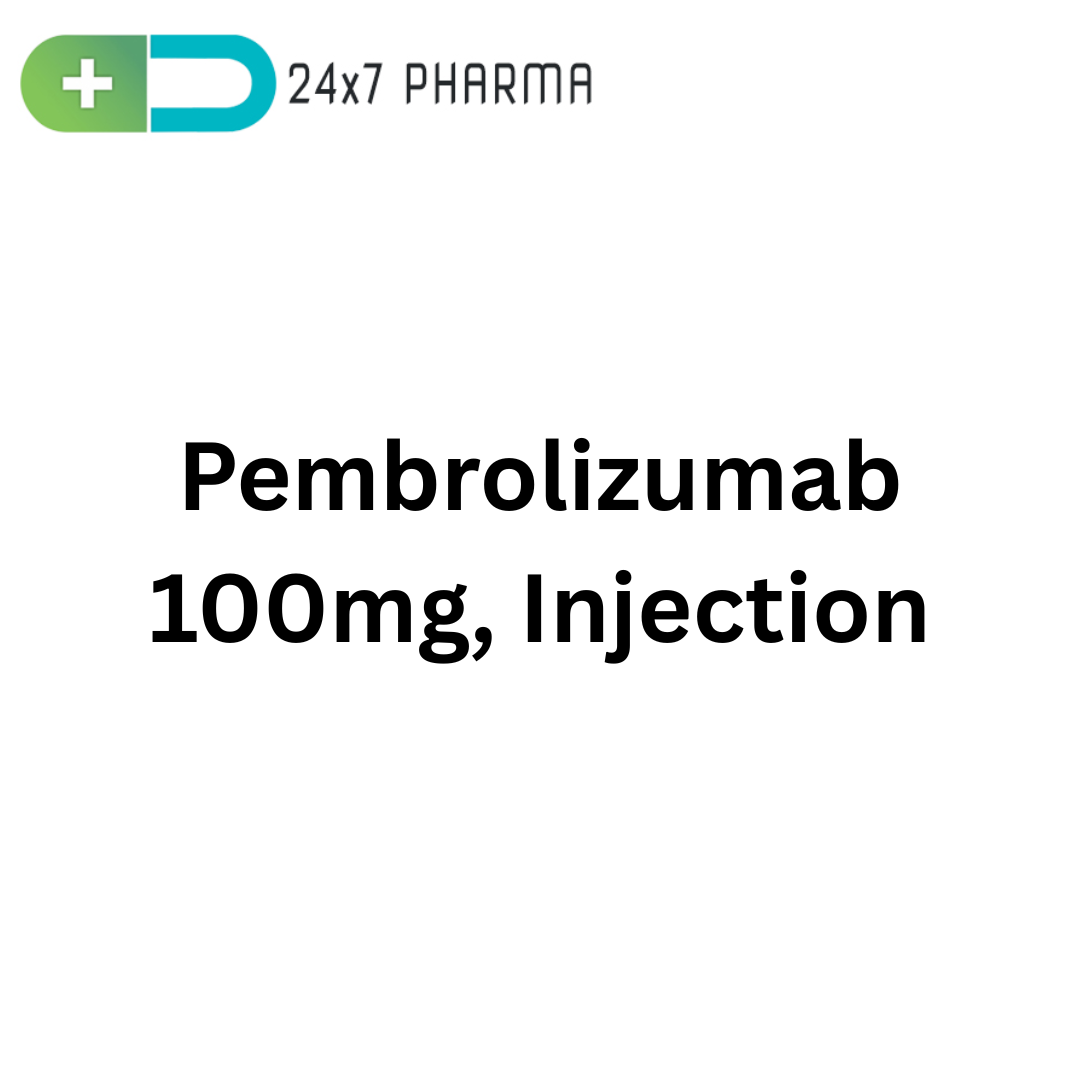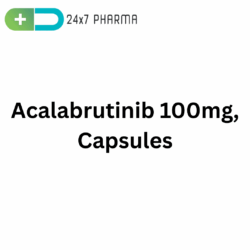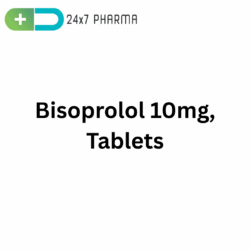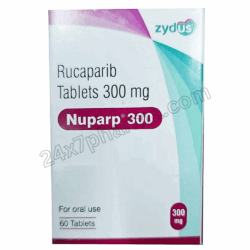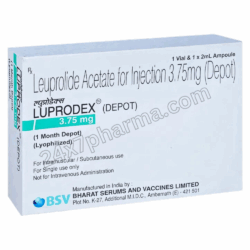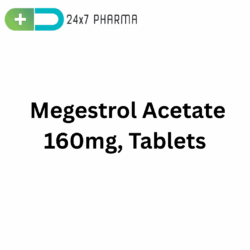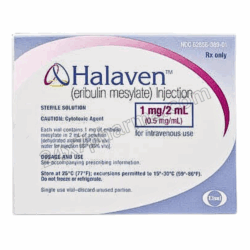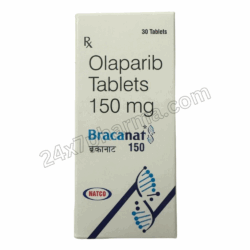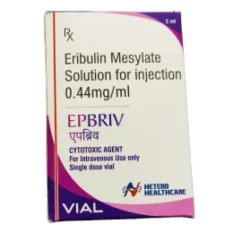Pemomab 100mg, Pembrolizumab Injection
The development of immunotherapy, a medicine that strengthens the body’s natural defenses against cancer, has significantly improved cancer treatment. One such breakthrough drug is Pemomab 100mg Injection, a formulation of Pembrolizumab, which belongs to the class of monoclonal antibodies known as immune checkpoint inhibitors. Unlike conventional chemotherapy that directly kills cancer cells, Pemomab empowers the immune system to recognize and destroy malignant cells. It is widely used in the management of various cancers, including melanoma, non-small cell lung cancer (NSCLC), renal cell carcinoma, Hodgkin lymphoma, and head and neck squamous cell carcinoma, among others.
What is Pemomab 100mg?
Pemomab 100mg is an injectable medication containing Pembrolizumab, a humanized monoclonal antibody that targets the programmed death receptor-1 (PD-1) pathway. It is classified under immuno-oncology drugs and is designed to block immune checkpoint proteins, thereby boosting T-cell activity against tumor cells.
- Brand name equivalents: Keytruda and its generics.
- Formulation: Vial containing 100mg Pembrolizumab for intravenous infusion.
- Type: Prescription-only, hospital-administered injection.
How it Works (Mechanism of Action)
Normally, the immune system detects and destroys abnormal cells. However, cancer cells often evade immune attack by exploiting checkpoint proteins. The PD-1 receptor, found on T-cells, binds with its ligands (PD-L1/PD-L2) expressed on cancer cells, sending a “stop signal” to T-cells and preventing them from attacking.
By blocking the PD-1 receptor, pembrolizumab stops PD-L1/PD-L2 from binding. This restores T-cells’ capacity to identify and eliminate cancer cells by releasing the “brake” on them.
- Result: Enhanced anti-tumor immune response.
- Therapeutic benefit: Improved survival rates in advanced or metastatic cancers compared to traditional therapies.
How to Use / Indications
Pemomab 100mg is indicated in adults and, in some cases, pediatric patients for:
- Melanoma – Advanced or metastatic skin cancer.
- Non-Small Cell Lung Cancer (NSCLC) – Especially in PD-L1 positive tumors or after chemotherapy failure.
- Head and Neck Squamous Cell Carcinoma (HNSCC).
- Classical Hodgkin Lymphoma (cHL).
- Renal Cell Carcinoma (RCC).
- Colorectal Cancer (Microsatellite Instability-High / MSI-H).
- Urothelial Carcinoma (Bladder Cancer)
- Cervical Cancer (PD-L1 positive).
- Other solid tumors – Based on biomarker testing (MSI-H or dMMR tumors).
How to Take / Dosage
Administered intravenously (IV) infusion by a healthcare professional.
Infusion duration: 30 minutes.
Standard adult dose:
- 200mg every 3 weeks OR
- 400mg every 6 weeks, depending on clinical decision.
- For pediatric use (in some cancers): 2 mg/kg every 3 weeks (max 200mg per dose).
- The therapy is continued until disease progression, unacceptable toxicity, or up to 24 months in some cases.
Other Dosage / Adjustments
- No dose adjustment is generally required for mild to moderate kidney or liver impairment.
- In case of severe immune-related side effects, treatment may be delayed or permanently discontinued.
- Dosing schedule is strictly individualized and must be prescribed by an oncologist.
Side Effects
Since Pemomab stimulates the immune system, it can cause immune-related adverse effects (irAEs) in various organs.
Common side effects:
- Fatigue
- Rash, itching
- Diarrhea
- Loss of appetite
- Joint or muscle pain
- Nausea
Serious immune-mediated side effects:
- Pneumonitis (lung inflammation) – cough, chest pain, shortness of breath.
- Hepatitis – jaundice, liver enzyme elevation.
- Colitis – severe diarrhea, abdominal pain.
- Endocrinopathies – thyroid dysfunction, adrenal insufficiency, diabetes.
- Nephritis – kidney inflammation.
- Severe infusion reactions – fever, chills, low blood pressure.
Note: Early detection and prompt management (including corticosteroids or stopping therapy) are essential to control these reactions.
Storage
- Store vials in a refrigerator at 2°C to 8°C (36°F to 46°F).
- Do not freeze or shake.
- Keep in original packaging to protect from light.
- Once diluted, the infusion solution should be used within prescribed stability time at controlled temperature.
Benefits
- Improved survival outcomes compared to chemotherapy in many cancers.
- Durable responses – some patients achieve long-term remission.
- Better quality of life due to fewer long-term toxicities than traditional chemotherapy.
- Broad applicability – effective across different cancers, especially with biomarkers like PD-L1 positivity and MSI-H.
- Targeted action – works with the immune system rather than directly attacking cells, minimizing collateral damage.
Prescription
Pemomab 100mg is a prescription-only medication that must be administered in a hospital or specialized cancer care setting. It should only be prescribed after:
- Confirmed cancer diagnosis.
- Biomarker testing (PD-L1 expression, MSI-H, or dMMR status).
- Detailed medical history review to rule out autoimmune disorders, organ transplants, or ongoing immunosuppression.
Drug Interactions
Pembrolizumab generally has fewer drug interactions than chemotherapy, but some interactions exist:
- Immunosuppressants (e.g., corticosteroids, methotrexate, cyclosporine): may reduce effectiveness.
- Other monoclonal antibodies / biologics: may increase immune-related side effects.
- Live vaccines: should be avoid during treatment.
- Patients should inform their oncologist about all medications, supplements, or herbal products being used.
FAQs
Is Pemomab 100mg chemotherapy?
No. It is immunotherapy that activates the immune system against cancer, unlike chemotherapy that directly kills dividing cells.
How long does treatment last?
Treatment usually continues until disease progression or unacceptable side effects, often for up to 2 years.
Can all cancer patients receive Pembrolizumab?
No. Only patients with specific cancers or biomarker expressions (like PD-L1 positivity, MSI-H) are eligible.
Can it cause permanent side effects?
Some immune-related side effects, particularly endocrine disorders (like thyroid dysfunction or diabetes), may be permanent.
How soon does it start working?
Responses vary; some patients respond within weeks, while in others it may take months.
Conclusion
Pemomab 100mg (Pembrolizumab Injection) is a game-changer for cancer treatment since it changes the strategy from targeting tumors directly to boosting the immune system. Its checkpoint inhibition mechanism has provided hope for patients with previously untreatable cancers, leading to improved survival and better quality of life. However, its use requires careful patient selection, monitoring, and management of immune-related side effects. With ongoing research, Pembrolizumab continues to expand its role in oncology, offering a promising future for cancer immunotherapy.

